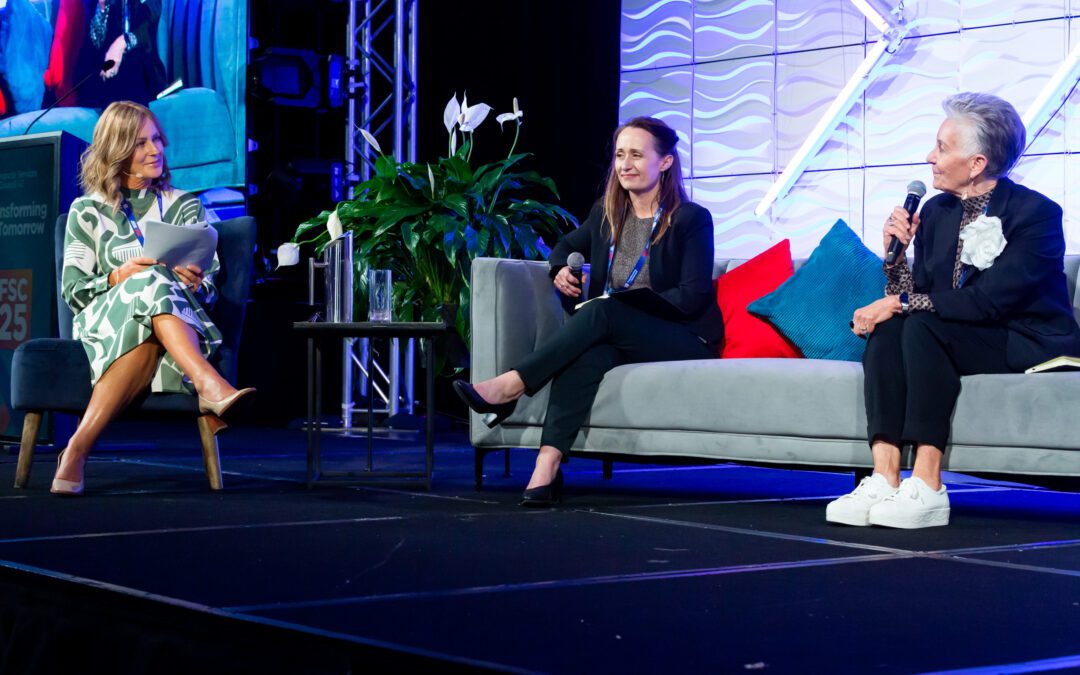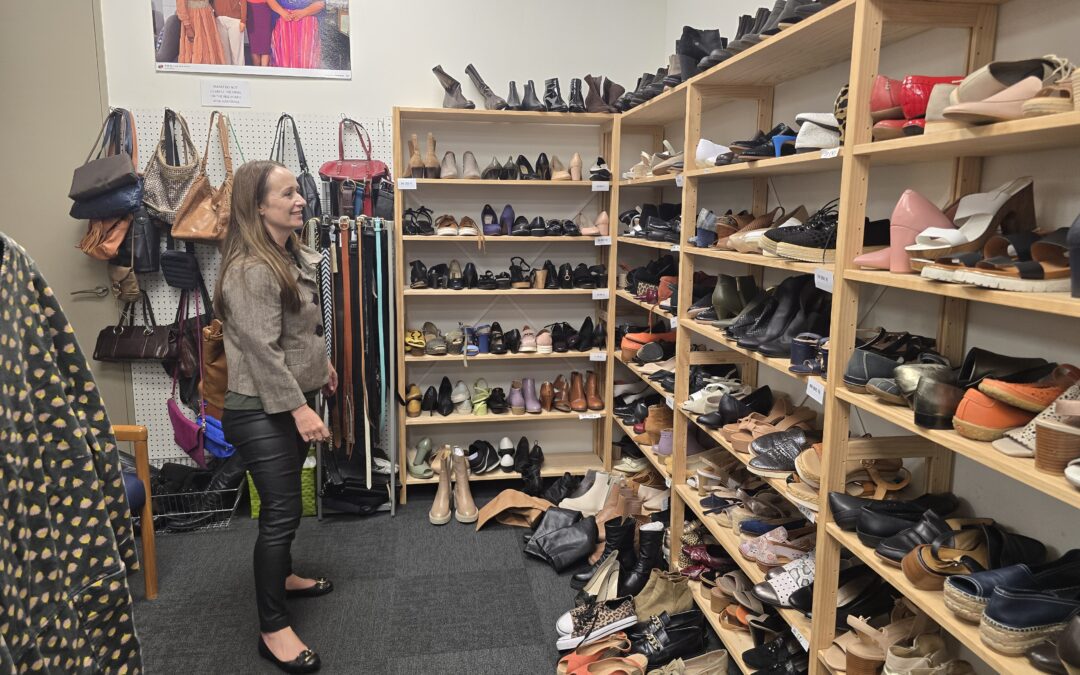It feels like everywhere we turn we’re being inundated with the temptation to spend money we do not have – and services that enable us to do so. Credit card preapprovals from our bank, Buy Now Pay later options at our favourite stores, loans to pay for a new car or well-deserved overseas holiday (we have just survived a pandemic after all) and store finance options to pay for the latest tech and gadgets for our home.
And while it may feel like a great idea at the time, debt that puts you into a worse financial position in the long term, is rarely a good idea. If you don’t have a plan and enough incoming money to pay off the debt as fast as possible, you could quickly find yourself sinking in short-term debt.
How many of us are in debt?
Canstar data shows that 58% of Kiwis are spending beyond their means (increasing to 65% of those under 40) and only 45% of New Zealanders don’t have any personal debt.
Meanwhile, data from Stats NZ shows that in March 2022 Kiwis spent almost every dollar that they earnt. And while spending dropped while we were in lockdown in 2020 and 2021, 16% of Kiwis needed to take on extra debt just to live during this time.
Data released by Centrix in May showed arrears on loans were up 5% in comparison to the same time last year, with 400,000 borrowers being behind on at least one loan payment. These missed payments were predominantly on money borrowed for holidays, home improvements, the money needed to purchase large ticket items, consolidated debts, and emergency cash assistance.
And then there are the Buy Now Pay Later (BNPL) schemes which are increasing in availability and popularity, but also seeing increases in missed payments. Almost 500,000 Kiwis use the service, and 40,000 of them have missed at least one payment. And while BNPL schemes don’t charge interest the way loans and credit cards do, they do charge late payment fees – some of them up to 25% of the original purchase price.
And let’s not forget our love affair with the Credit Card. According to data sourced from RBNZ, in May 2022 Kiwis had accumulated $5930m in outstanding credit card balances.
If it’s that easy to get into debt, why is it so hard to get out?
While getting into debt is relatively easy, getting back out of it generally proves to be much more difficult. This is often due to needing to have a complete lifestyle and mind-shift change as well as a fair amount of sacrifice.
If consistently spending more than what you earn is what got you into the spiral of debt in the first place, you’ll not only have to cut back your spending to match your income, you’ll likely have to cut even more to start chipping away at the money you owe. Getting rid of debt could mean cutting out the luxuries – even if only for a short while – so you can take that money you’re using to pay for your daily coffee or weekly pedicure and put it towards getting rid of your debt instead.
It can sometimes be hard to identify where you can cut some of your spending. A This is where the support of a financial coach becomes invaluable. They can help you identify where you may have room to wriggle and hold you accountable to your new spending plan to get you out of debt as fast as possible. They can also advise you on the best approach to take, whether debt consolidation is an option, or what other strategies you can use to get back in control.
Disclaimer: This blog post is for informational purposes only and does not constitute individual financial advice. If you’re interested in receiving personalised financial advice, you can book in a consultation with an enable.me coach. Costs apply.


